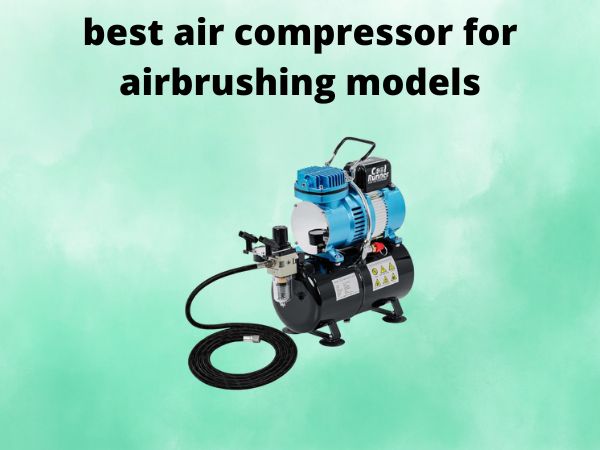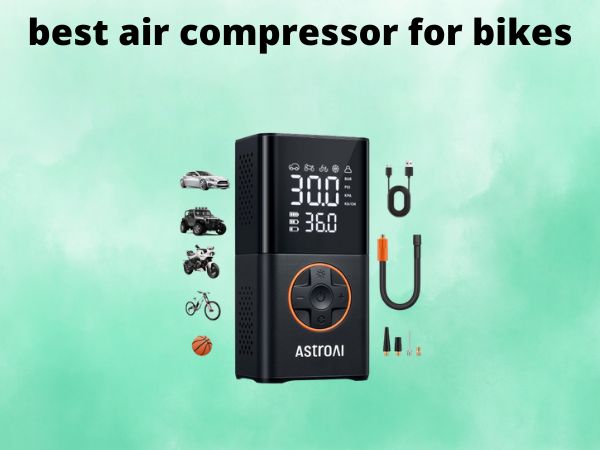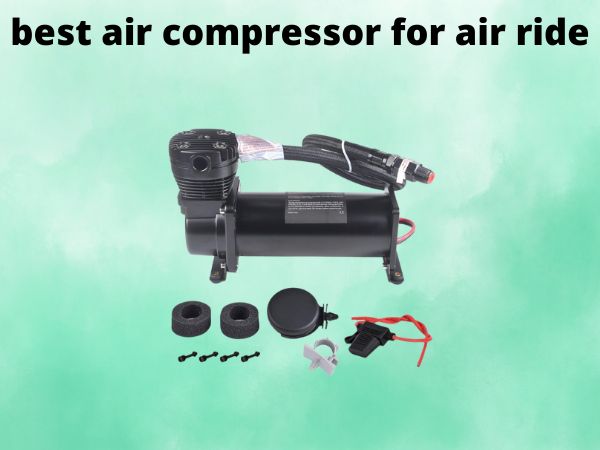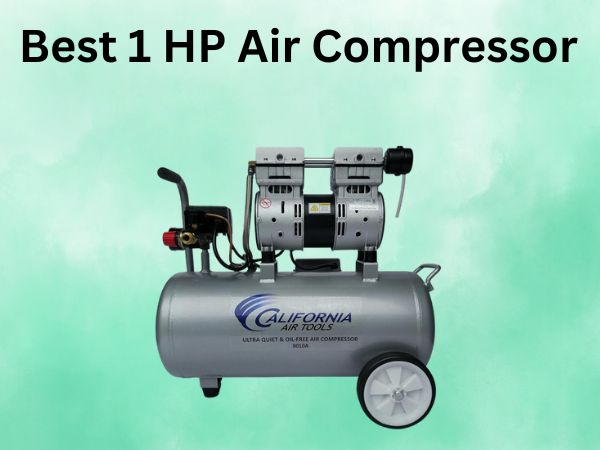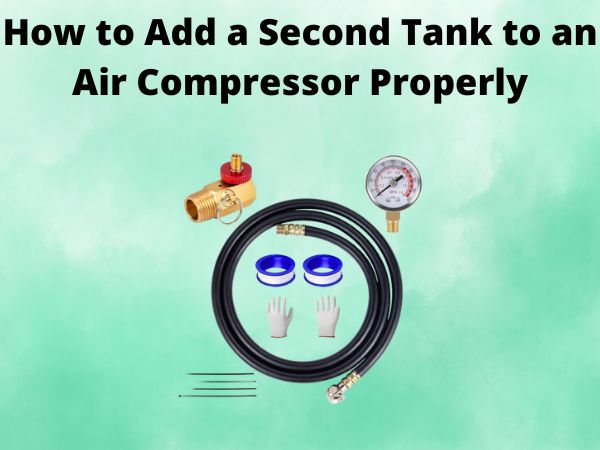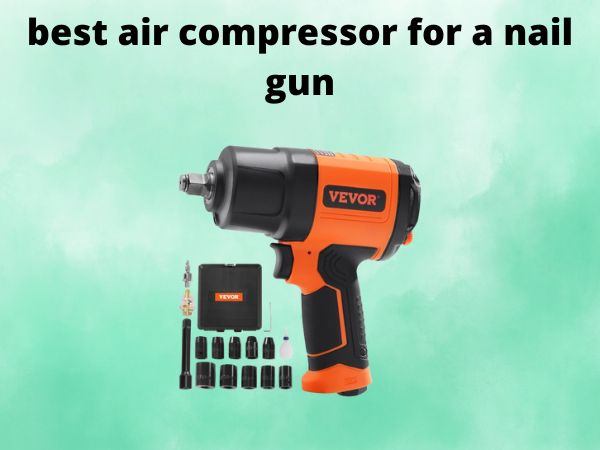How Often to Replace Nebulizer Air Compressor Filter
As someone who relies on a nebulizer for respiratory health, you know just how crucial it is to keep your equipment in tip-top shape. The air compressor filter is a vital component of your nebulizer, and ensuring it’s replaced at the right intervals is essential for maintaining the device’s performance and your overall well-being. In this article, we’ll dive deep into the world of nebulizer air compressor filters, exploring the importance of regular replacements and providing you with a clear understanding of how often you should tackle this essential maintenance task.
Table of Contents
The Role of the Nebulizer Air Compressor Filter
The air compressor filter in your nebulizer plays a crucial role in keeping your device functioning at its best. This filter is responsible for trapping dust, debris, and other airborne particles before they enter the compressor. By doing so, it helps to prevent the buildup of contaminants that could potentially damage the internal components of the device or compromise the quality of the medication you’re inhaling.
Imagine your nebulizer as a finely-tuned engine – the air compressor filter is like the air filter in your car, ensuring that clean, filtered air flows through the system. Just as a dirty car air filter can reduce engine performance and fuel efficiency, a clogged nebulizer air compressor filter can impair the device’s ability to deliver the prescribed medication effectively, potentially leading to suboptimal treatment outcomes.
Factors that Influence Filter Replacement Frequency
The frequency with which you need to replace your nebulizer air compressor filter can vary depending on several factors, including:
- Usage Frequency: If you use your nebulizer multiple times a day, every day, the filter will likely need to be replaced more often than if you use it less frequently.
- Environment: The air quality in your local environment can also play a role. If you live in an area with high levels of dust, pollen, or other airborne particles, your filter may become clogged more quickly.
- Filter Type: Some air compressor filters are designed to last longer than others, so be sure to follow the manufacturer’s recommendations for your specific model.
Recommended Replacement Intervals
As a general rule of thumb, most experts recommend replacing the air compressor filter in your nebulizer every 3-6 months, depending on your usage and environmental factors. However, it’s essential to closely monitor the condition of your filter and replace it sooner if you notice any signs of clogging or decreased performance.
Some telltale signs that it’s time to replace your nebulizer air compressor filter include:
- Increased treatment time or reduced medication delivery
- Louder operation of the compressor
- Visible dirt or debris accumulation on the filter
If you’re unsure whether your filter needs to be replaced, consult your healthcare provider or the manufacturer of your specific nebulizer model for guidance.
Proper Filter Replacement Procedure
Replacing your nebulizer air compressor filter is a straightforward process, but it’s important to follow the manufacturer’s instructions carefully to ensure you don’t inadvertently damage the device. In general, the steps involve:
- Unplugging the nebulizer and allowing it to cool down completely.
- Locating the air compressor filter, which is typically housed in a designated compartment or access panel.
- Removing the old filter and disposing of it properly.
- Inserting the new filter, making sure it’s properly seated and secured.
- Reassembling the nebulizer and ensuring all components are in place before plugging it back in.
Remember to always use a replacement filter that’s specifically designed for your nebulizer model, as using the wrong filter could compromise the device’s performance or even cause damage.
Maintaining Your Nebulizer’s Efficiency
Regularly replacing your nebulizer air compressor filter is just one aspect of maintaining your device’s optimal performance. It’s also important to clean the other components of your nebulizer, such as the medication cup and tubing, according to the manufacturer’s instructions. By keeping your entire nebulizer system well-maintained, you can ensure that you’re getting the most out of your respiratory treatment and enjoying the best possible health outcomes.
Conclusion
Keeping your nebulizer air compressor filter in top condition is crucial for maintaining the device’s efficiency and ensuring you receive the full benefits of your respiratory medication. By understanding the importance of the filter and following the recommended replacement intervals, you can help to prolong the life of your nebulizer and optimize your overall respiratory health. Remember, regular filter replacements are a small investment that can make a big difference in the long run.
FAQs
How do I know if my nebulizer air compressor filter needs to be replaced?
Some common signs that your nebulizer air compressor filter needs to be replaced include increased treatment time, reduced medication delivery, louder operation of the compressor, and visible dirt or debris accumulation on the filter. If you notice any of these issues, it’s best to consult your healthcare provider or the manufacturer of your specific nebulizer model for guidance on when to replace the filter.
Can I clean the nebulizer air compressor filter instead of replacing it?
While some filters may be designed for cleaning and reuse, it’s generally recommended to replace the filter rather than attempting to clean it. Filters can become clogged with debris over time, and trying to clean them may not fully restore their effectiveness. Replacing the filter is the best way to ensure your nebulizer is operating at its optimal performance level.
How often should I replace the air compressor filter on my nebulizer?
Most experts recommend replacing the air compressor filter in your nebulizer every 3-6 months, depending on your usage and the environmental conditions in your area. However, it’s important to closely monitor the condition of the filter and replace it sooner if you notice any signs of clogging or decreased performance.
Can I use a generic air compressor filter in my nebulizer?
No, it’s not recommended to use a generic air compressor filter in your nebulizer. Nebulizer manufacturers design their filters specifically for their devices, and using the wrong filter could compromise the performance of your nebulizer or even cause damage. Always use a replacement filter that’s recommended by the manufacturer of your specific nebulizer model.
What happens if I don’t replace the air compressor filter in my nebulizer?
If you don’t replace the air compressor filter in your nebulizer, the filter can become clogged with dust, debris, and other contaminants over time. This can lead to reduced airflow and decreased medication delivery, which could ultimately compromise the effectiveness of your respiratory treatment. Regularly replacing the filter is crucial for maintaining the optimal performance of your nebulizer.

